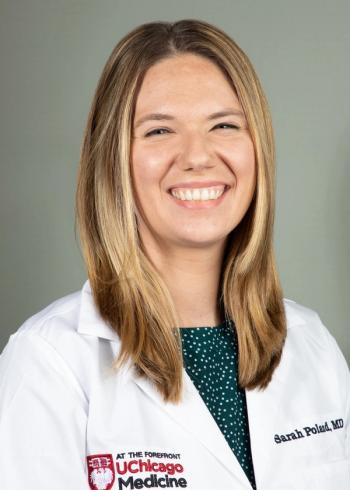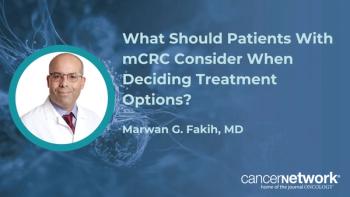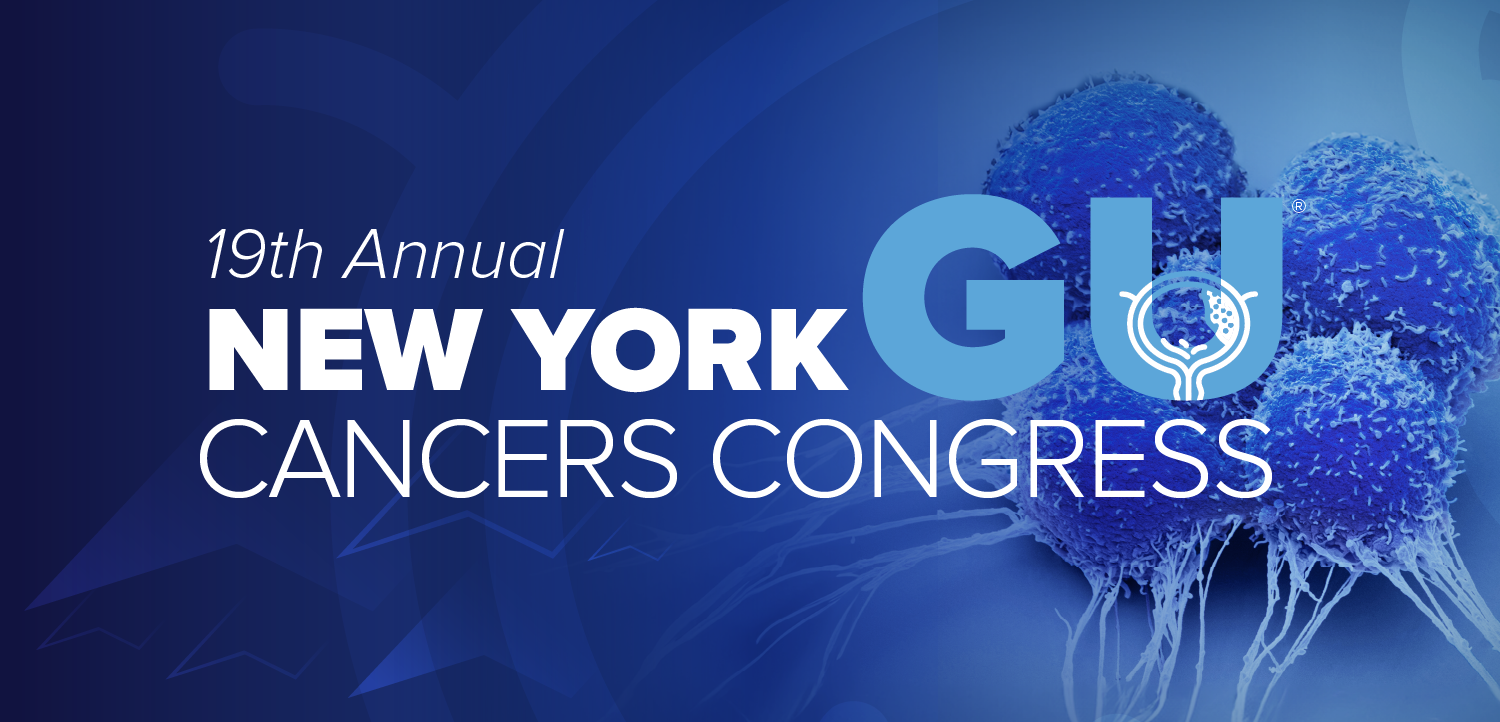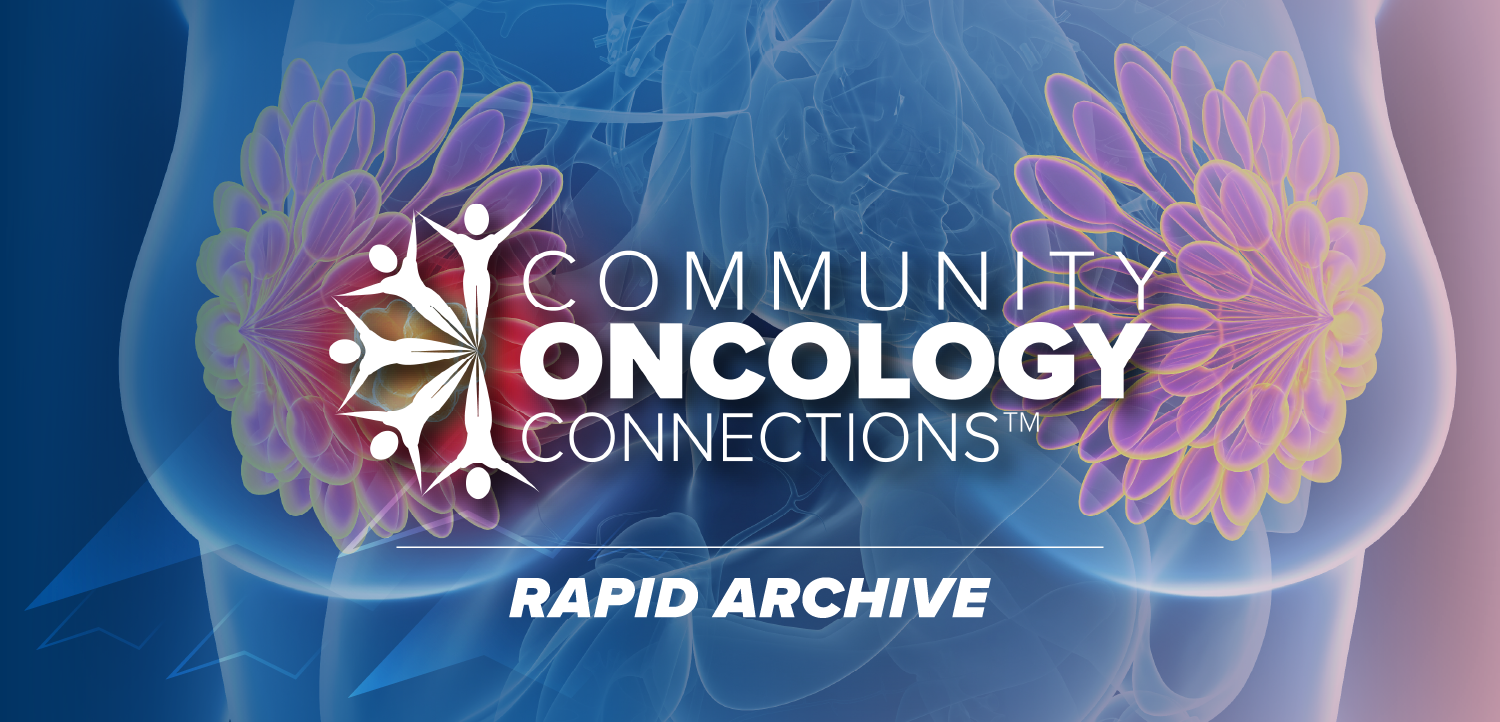
- ONCOLOGY Vol 12 No 8
- Volume 12
- Issue 8
Grant Will Improve Veterans Access to Latest Clinical Cancer Trials
Roger Byhardt, MD, professor of radiation oncology and member of the Cancer Center of the Medical College of Wisconsin, has been named principal investigator of a $355,700 grant to help improve the access of veterans and other military personnel
Roger Byhardt, MD, professor of radiation oncology and member of the Cancer Center of the Medical College of Wisconsin, has been named principal investigator of a $355,700 grant to help improve the access of veterans and other military personnel who have cancer to the most current treatments available.
The supplemental, 3-year grant from the National Cancer Institute (NCI), via the American College of Radiology (ACR), is intended to improve the access of veterans and military personnel to clinical studies of new cancer therapies. This grant specifically supports their participation in radiation oncology studies being conducted by the Radiation Therapy Oncology Group (RTOG) under the auspices of the American College of Radiology and funded by two major NCI grants.
Increased Access
Last year, the NCI offered the ACR funding for NCI-supported clinical cooperative research groups, such as the RTOG, to enroll patients from veterans hospitals and military treatment facilities in clinical studies. The goals were to increase access of veterans and military personnel to its sponsored clinical research trials and to increase enrollment for clinical studies in general.
"This marks the first time in history that the National Cancer Institute is recognizing the research contribution of the nations Veterans Administration (VA) hospitals and military care facilities," Dr. Byhardt said. "It is a somewhat symbolic start, but a start nonetheless."
Looking to the Future
The supplemental grant will provide the RTOG with approximately $600 to $800 in funding for each VA hospital or military care facility patient enrolled in one of its clinical trials. It will also provide VA and military facilities that are already members of the RTOG with additional funds to enable their investigators to travel to the RTOGs semiannual meeting. The grant will also waive the RTOGs $3,000 membership application fee for any of these facilities that are not currently affiliate members, and they will be encouraged to join.
As principal investigator of the grant, Dr. Byhardt will devise a formula for the distribution of the supplemental funding to the VA hospitals and military care facilities and serve as a liaison between them and the NCI for the program.
Articles in this issue
over 27 years ago
CD-ROM Helps Cancer Patients Ease the Painover 27 years ago
UT Southwestern and Komen Foundation Offer Breast Care Fellowshipover 27 years ago
Controversies in the Management of Stage I Seminomaover 27 years ago
Genetic Switch May Yield Map of Prostate Cancer Machineryover 27 years ago
Personalized Approach Increases Breast Cancer Screening RatesNewsletter
Stay up to date on recent advances in the multidisciplinary approach to cancer.






















































